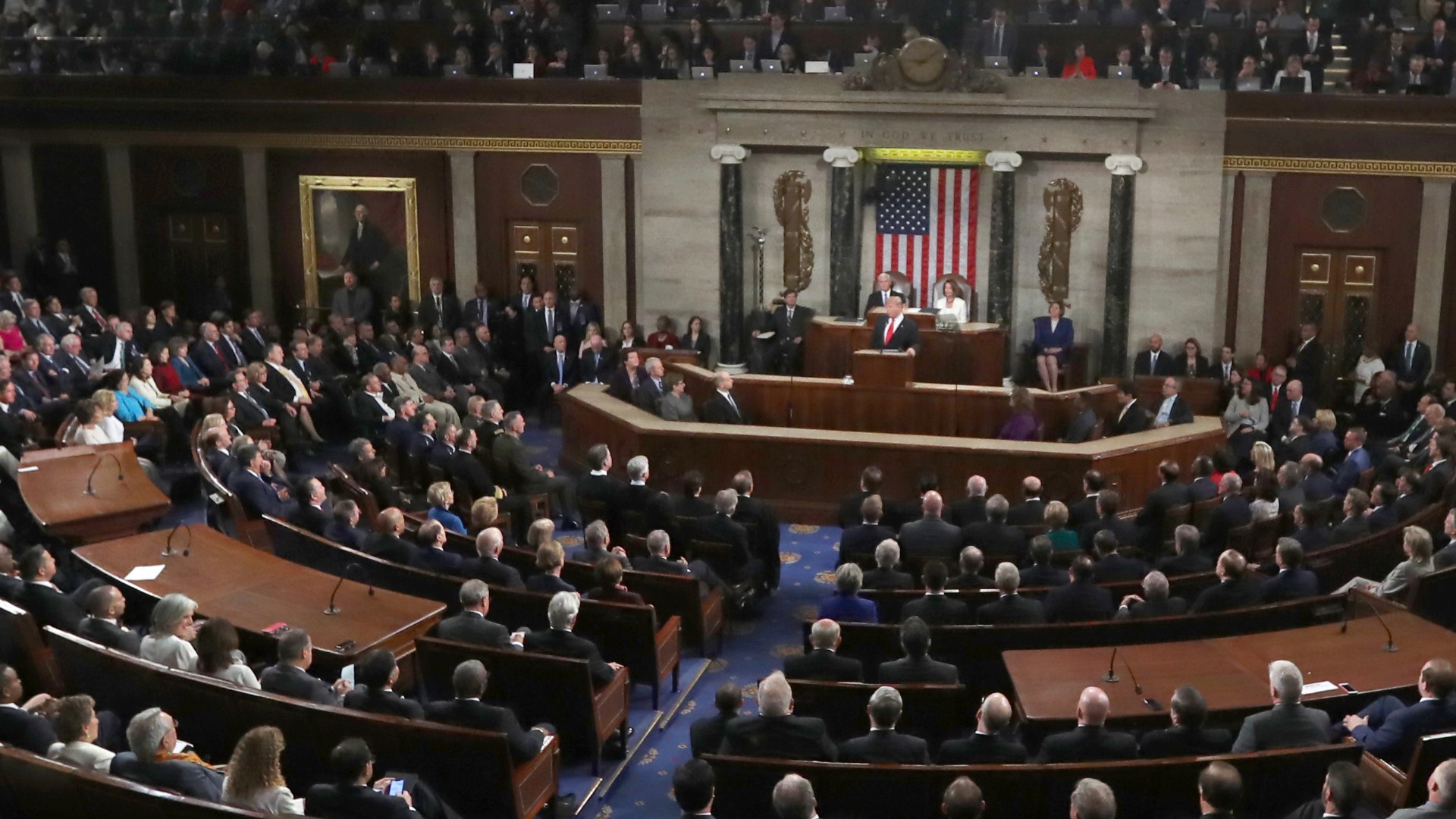ATLANTA — President Joe Biden’s first State of the Union address will follow a long standing tradition, but there is nothing requiring a president to deliver a speech before Congress each year.
What was once just a few words written for a limited audience has turned into an event that dominates our television screens once a year. The president’s State of the Union address has gone from short and informal to long and ceremonial.
“Over time it's turned into a tradition of sorts,” said Kennesaw State University Political Science Professor Kerwin Swint. “It’s become its own institution.”
We haven’t always called it the State of the Union and not every President has delivered one.
The U.S. Constitution reads “from time to time” the president should give Congress information and “recommend measures he shall judge necessary.”
Early on, the president didn’t appear before Congress in person.
“They simply sent a letter,” said Swint. “I think a couple of presidents sent a telegram. It's taken different shapes and formats over time.”
According to historians with the U.S. House of Representatives, it was initially known as the Annual Message and was a way to address budget and economic issues. Swint said the State of the Union evolved into an opportunity for the president to inform Congress of his priorities for the coming year.
Radio and television changed everything. It opened the door for the president to address not just Congress, but the entire nation.
“When it became a mass communication event, that sort of raised the stakes for how the State of the Union address could be used by a president to really communicate, and get the message out, and have that free airtime,” said Swint.
Now, representatives of the opposing party use airtime after the State of the Union to counter any message that doesn’t fit their views.
According to the House of Representatives, President Bill Clinton’s one hour and 25 minute address in 1995 is the longest spoken State of the Union.
Presidents William Henry Harrison and James Garfield are the only two who never delivered a State of the Union in writing or in person.

